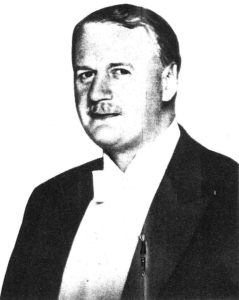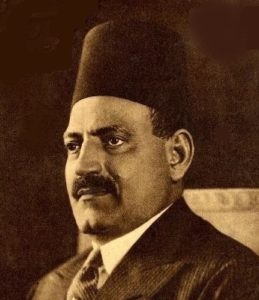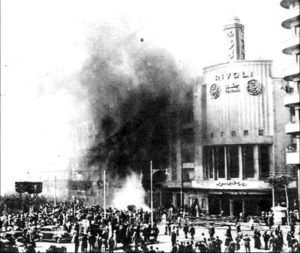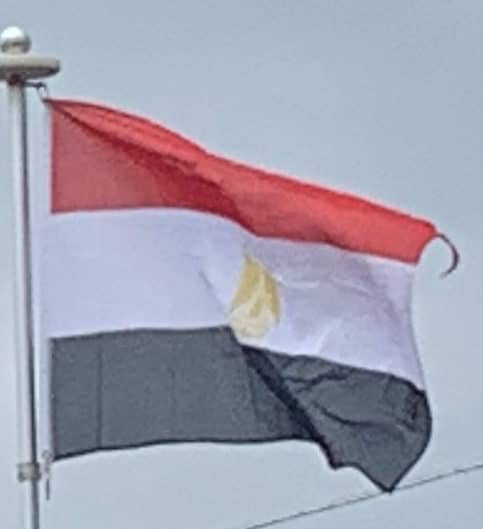Following a ministerial crisis in February 1942, the ambassador Sir Miles Lampson, pressed Farouk to have a Wafd or Wafd-coalition government replace Hussein Sirri Pasha‘s government. On the night of 4 February 1942, British troops and tanks surrounded Abdeen Palace in Cairo and Lampson presented Farouk with an ultimatum. Farouk capitulated, and Nahhas formed a government shortly thereafter. However, the humiliation meted out to Farouk, and the actions of the Wafd in cooperating with the British and taking power, lost support for both the British and the Wafd among both civilians and, more importantly, the Egyptian military.

Most of British troops were withdrawn to the Suez Canal area in 1947 (the British army maintained a military base in the area, though), but nationalist, anti-British feelings continued to grow after the War. Anti-monarchy sentiments further increased following the disastrous performance of the Kingdom in the First Arab-Israeli War. The 1950 election saw a landslide victory of the nationalist Wafd Party and the King was forced to appoint Mostafa El-Nahas as new Prime Minister. In 1951 Egypt unilaterally withdrew from the Anglo-Egyptian Treaty of 1936 and ordered all remaining British troops to leave the Suez Canal.

As the British refused to leave their base around the Suez Canal, the Egyptian government cut off the water and refused to allow food into the Suez Canal base, announced a boycott of British goods, forbade Egyptian workers to enter the base and sponsored guerrilla attacks, turning the area around the Suez Canal into a low level war zone. On 24 January 1952, Egyptian guerrillas staged a fierce attack on the British forces around the Suez Canal, during which the Egyptian Auxiliary Police were observed helping the guerrillas. In response, General George Erskine on 25 January sent out British tanks and infantry to surround the auxiliary police station in Ismailia and gave the policemen an hour to surrender their arms under the grounds the police were arming the guerrillas. The police commander called the Interior Minister, Fouad Serageddin, Nahas’s right-hand man, who was smoking cigars in his bath at the time, to ask if he should surrender or fight. Serageddin ordered the police to fight “to the last man and the last bullet”. The resulting battle saw the police station leveled and 43 Egyptian policemen killed together with 3 British soldiers. The Ismailia incident outraged Egypt and the next day, 26 January 1952 was “Black Saturday“, as the anti-British riot was known, that saw much of downtown Cairo which the Khedive Ismail the Magnificent had rebuilt in the style of Paris, burned down. Farouk blamed the Wafd for the Black Saturday riot, and dismissed Nahas as prime minister the next day and replaced by Aly Maher Pasha.

On July 22–23, 1952, the Free Officers Movement, led by Muhammad Naguib and Gamal Abdel Nasser, launched a coup d’état (Egyptian Revolution of 1952) against the king. Farouk I abdicated the throne to his son Fouad II, who was, at the time, a seven months old baby; the Royal Family left Egypt some days later and Council of Regency, led by Prince Muhammad Abdel Moneim was formed, The Council, however, held only nominal authority and the real power was actually into the hands of the Revolutionary Command Council, led by Naguib and Nasser.
